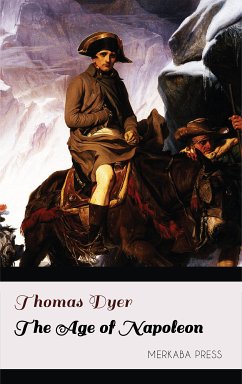THE celebrated phrase of Louis XIV, "I am the State", proclaimed the consummation of despotism. He asserted, and it was true, that the people, as a body politic, had been annulled by the Crown. Before a century had elapsed the maxim was reversed. The head of Louis's second successor fell upon the scaffold, and the revolutionary disciples of Rousseau established the principle that the real sovereign is the people itself. Hence it would appear that, for all practical purposes, the causes of the French Revolution may be sought between the reigns of Louis XIV and Louis XVI; or, in other words, that the inquiry may be limited to the nature of the institutions left by the former Monarch, and the causes which gradually led the people to desire their overthrow under the latter. Even within these limits the extent of the subject might demand a volume rather than a chapter. We can pretend only to indicate its principal heads, leaving the historical student to fill up the outline from his own researches and reflections.
The French Revolution, though partly induced by the existence of discontent and distress, was in the main a political revolution. What was required was a political transformation which should result in the abolition of the remains of feudalism, an equal and just distribution of the burdens of taxation, and the removal of all barriers to the advancement of the lower and middle classes to the highest offices in the State...
Dieser Download kann aus rechtlichen Gründen nur mit Rechnungsadresse in A, B, BG, CY, CZ, D, DK, EW, E, FIN, F, GR, H, IRL, I, LT, L, LR, M, NL, PL, P, R, S, SLO, SK ausgeliefert werden.









